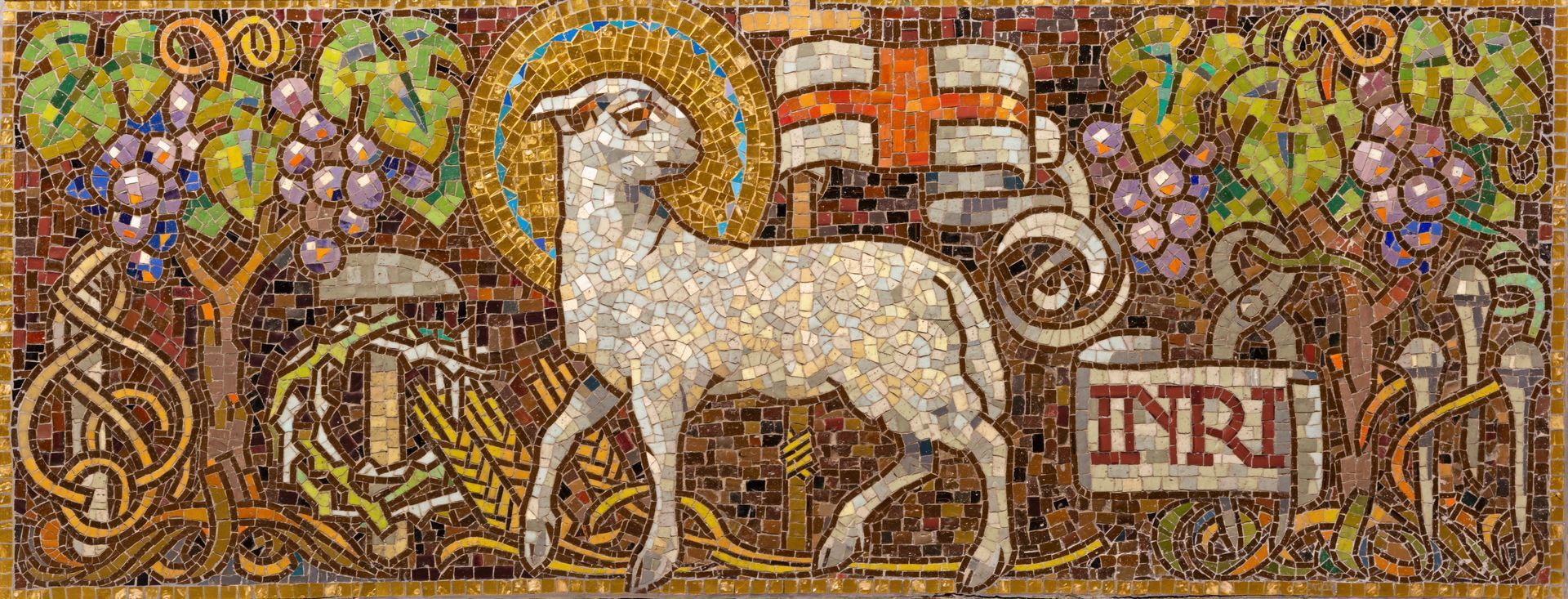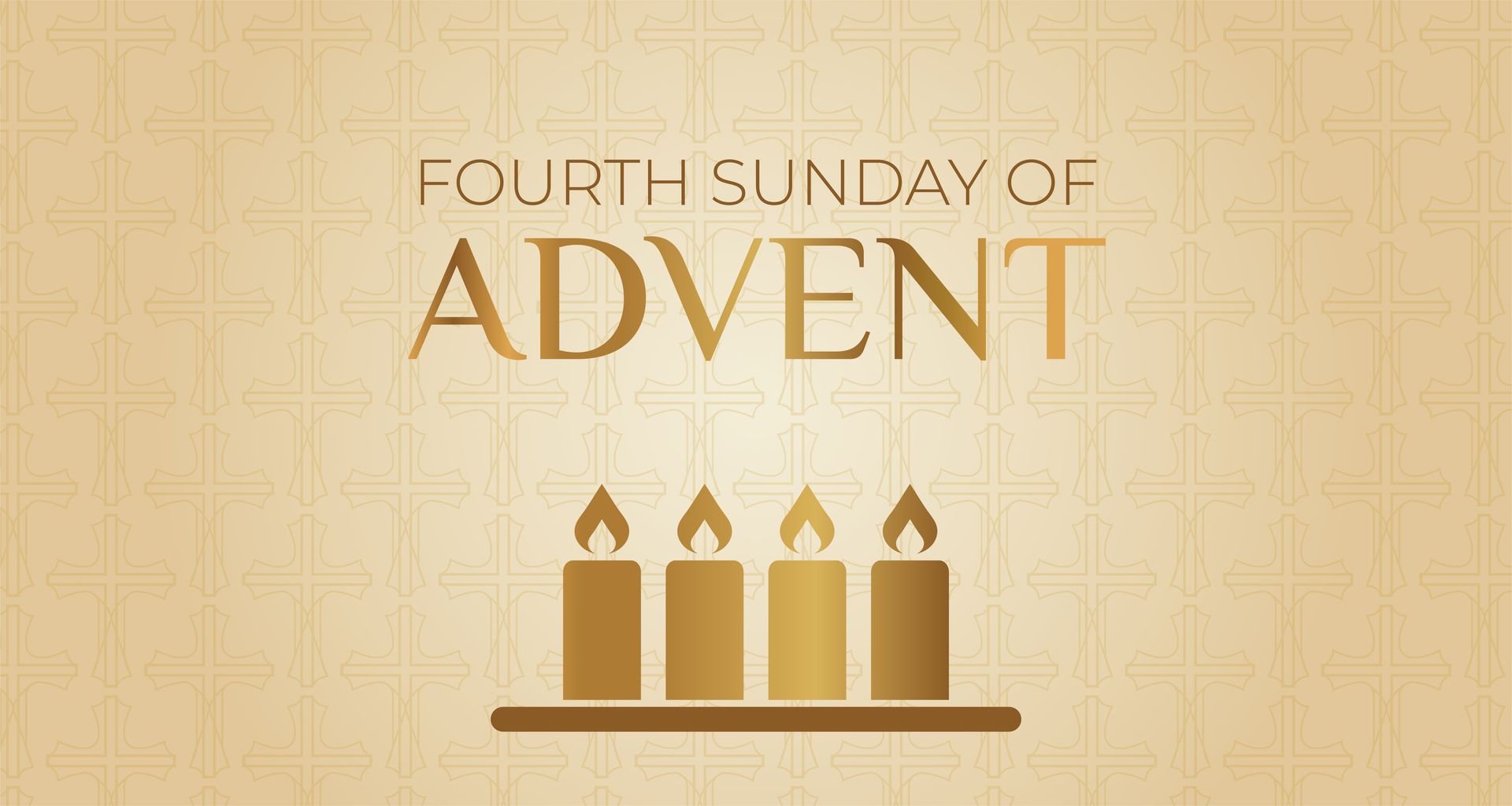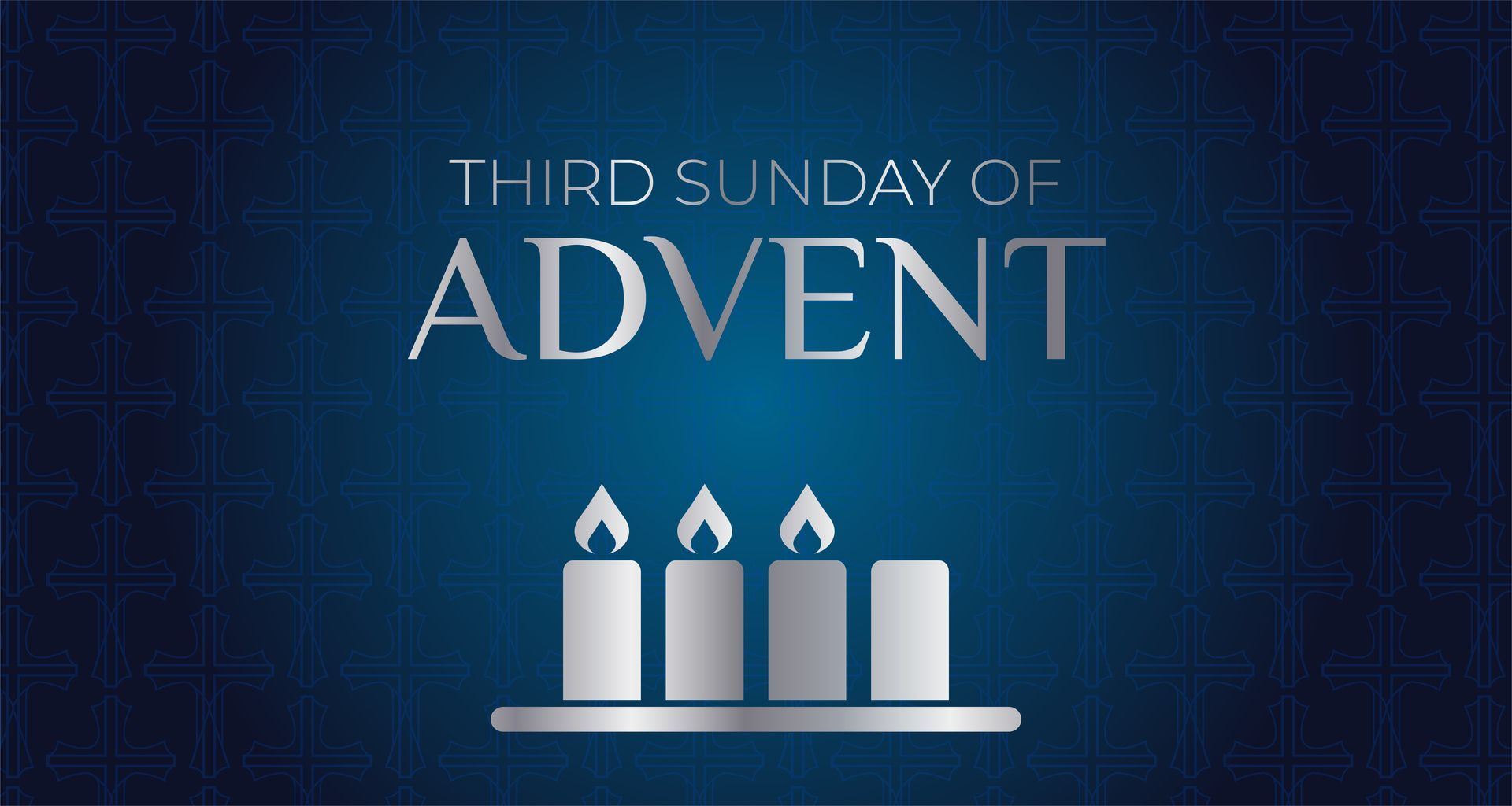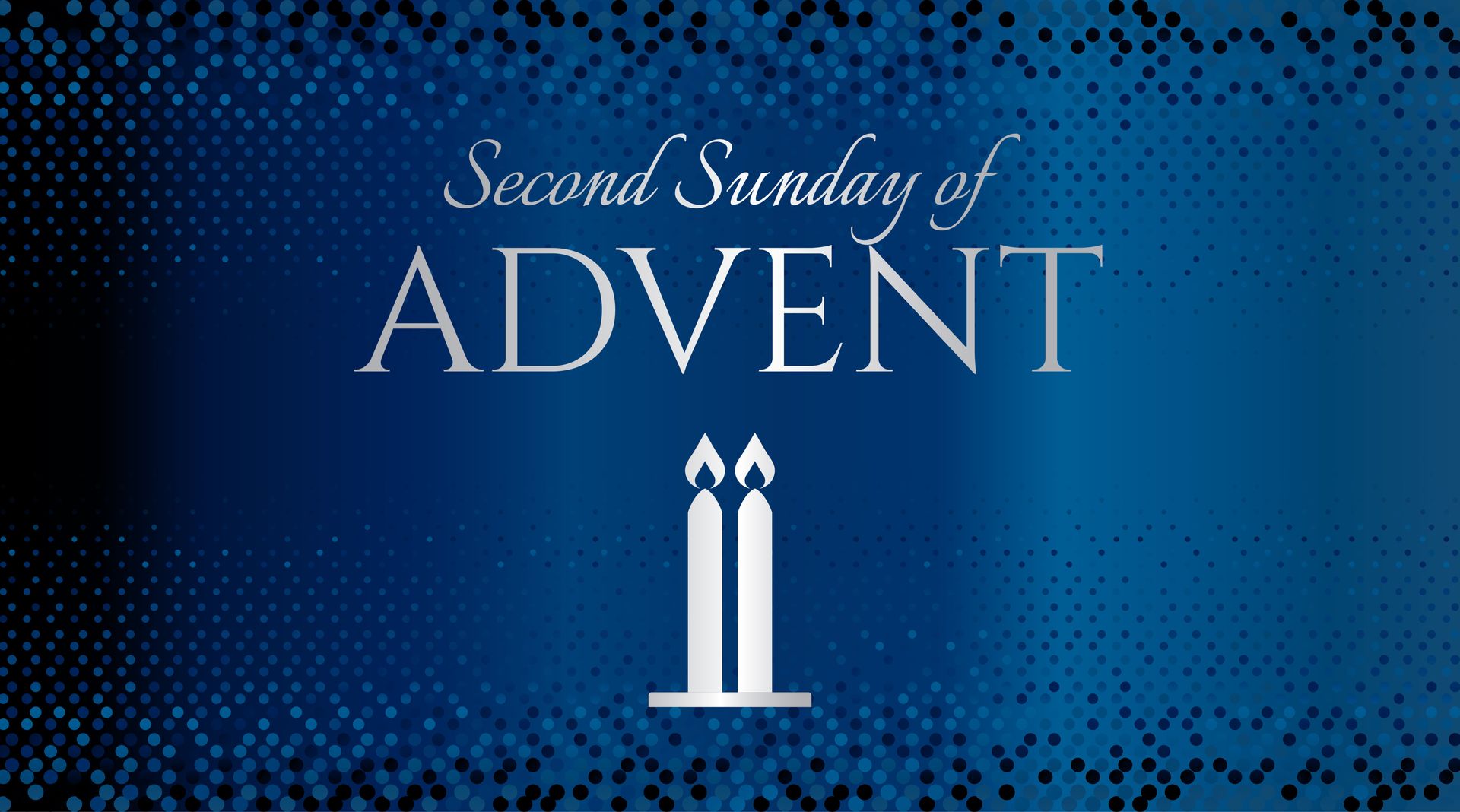With Opened Bible
Tradition

“This people honors me with their lips, but their hearts are far from me; in vain do they worship me, teaching as doctrines human precepts.” (Mark 7,6-7; Cf. Isaiah 29,13)
What place should tradition have in spiritual life? This Sunday's first reading and gospel invite us to face the truth that answers this thorny question.
According to the Latin origin of the Word, tradition is a way of doing that persists and is transmitted from generation to generation. In this sense, it becomes custom, belief, and habit. (Dictionary of Oxford) On the religious level, tradition can be dangerous if misunderstood; it can hinder the truth of the faith. That is what Jesus reproaches the Jews of his time: "You nullify the word of God in favor of your tradition that you have handed on." (Mark 7:13)
Long before Christ came into the world, a man of faith and deep spirituality, called Isaiah, warned against the negative effects of human tradition: "These people honor me with their lips, but their hearts are far from me; in vain do they worship me, teaching as doctrines human precepts." (Mark 7:6-7; Cf. Isaiah 29:13) Our ways of doing or expressing faith can hurt the truth that saves and sanctifies. For: "If you remain in my Word, you will truly be my disciples, and you will know the truth, and the truth will set you free." (John 8:31-32)
Human traditions include: "And when coming from the marketplace, they do not eat without purifying themselves. And there are many other things that they have traditionally observed, such as the purification of cups and jugs and kettles [and beds].) (Cf. Mark 7: 4) These ways of doing things were not bad but unwelcome if taken as "faith" became dangerous. Alongside human and religious tradition, the Bible calls tradition spiritual, which concerns the transmission of faith. Saint Paul alludes to it when he declares: "For I received from the Lord what I also handed on to you, k that the Lord Jesus, on the night he was handed over, took bread, and, after he had given thanks, broke it and said, "This is my body that is for you. Do this in remembrance of me." (1 Corinthians 11: 23-24) The Eucharist is a traditional reception in its essence (the words of consecration). It can be changed at no time in duration since it is received from the Lord himself.
When human tradition (for example, a celebration of the mass in one form or another, the recitation of this or that prayer, etc.) replaces the truth of the faith, the Church becomes a public market where everyone chooses what pleases them. 'These people honor me with their lips, but their hearts are far from me.' This revelation of Jesus is an invitation to seek the essential, which is to listen and put into practice the Word of God. David was aware of this when he wrote: 'For you do not desire sacrifice or I would give it; a burnt offering you would not accept. My sacrifice, O God, is a contrite spirit; a contrite, humbled heart, O God, you will not scorn.' (Psalm 51:18-19)
God is searching for our hearts, the place where His Word can take root, and not the traditional works of religion. This calls for a contrite spirit and a humbled heart, a true reflection of humility in religious practice.













